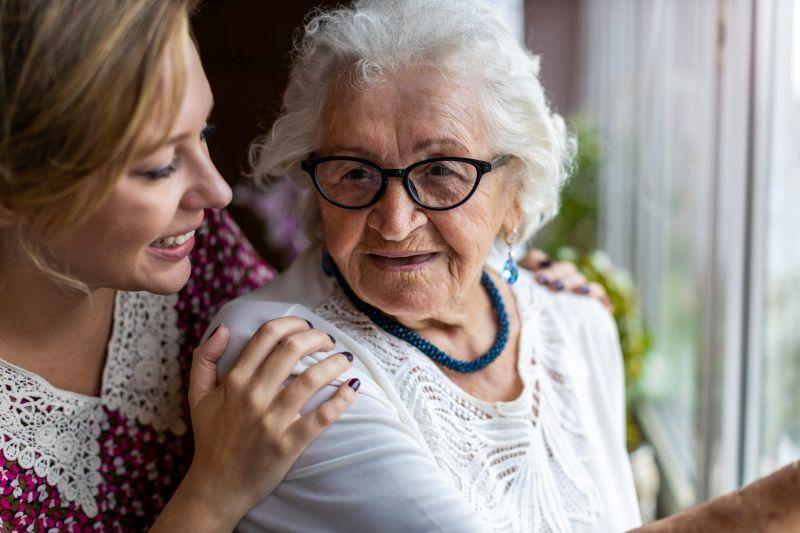This page has been automatically translated. Please refer to the page in French if needed.
Legal protection
Guardianship must be necessary or a guardianship is sufficient
Publié le null - Directorate for Legal and Administrative Information (Prime Minister)
A judge shall only grant guardianship if it is necessary to represent on an ongoing basis on a daily basis a person whose faculties are impaired or who is unable to express his or her will. This is what the Court of Cassation has just recalled in the judgment of the First Civil Chamber.

At the request of her grandson, who fears that she might squander her property, a grandmother who is already under guardianship is placed under guardianship.
The judge increases the protective measure on the basis of medical certificates suggesting a moderate impairment of his intellectual faculties, an emotional nature, a fear of doing something wrong or even some memory problems. The judge, informed by these expert opinions, considers the guardianship insufficient to protect the elderly person and opens instead a guardianship, a stronger legal protection measure. Unlike the guardianship, which is a measure of assistance to the person, guardianship is a system of representation which deprives the major of his rights. Under guardianship, the person becomes a “incapable person” in the legal sense. The Nîmes Court of Appeal, seised by the grandmother, upheld the decision of the guardianship judge.
The Court of Cassation quashes and quashes the judgment of the Court of Appeal. It recalls that the fact that a person is so influential, vulnerable, too sentimental that his interests are at risk is not a sufficient reason to open a guardianship, even for someone with a wealth or a large income likely to attract greed. In this way, the vulnerable person is proved right, because guardianship should never be granted out of convenience to the family or close acquaintances, but out of necessity for the protected person.
Additional topics
Service-Public.fr
Agenda
Apprentissage
Jusqu'au 17 mai 2024
Publié le 03 mai 2024
Impôts
À partir du 11 avr. 2024
Publié le 11 avril 2024
Prévention Covid-19
À partir du 15 avr. 2024
Publié le 18 mars 2024
Calendrier scolaire
Du 6 avr. au 12 mai 2024
Publié le 15 mars 2024

